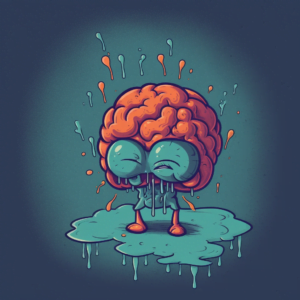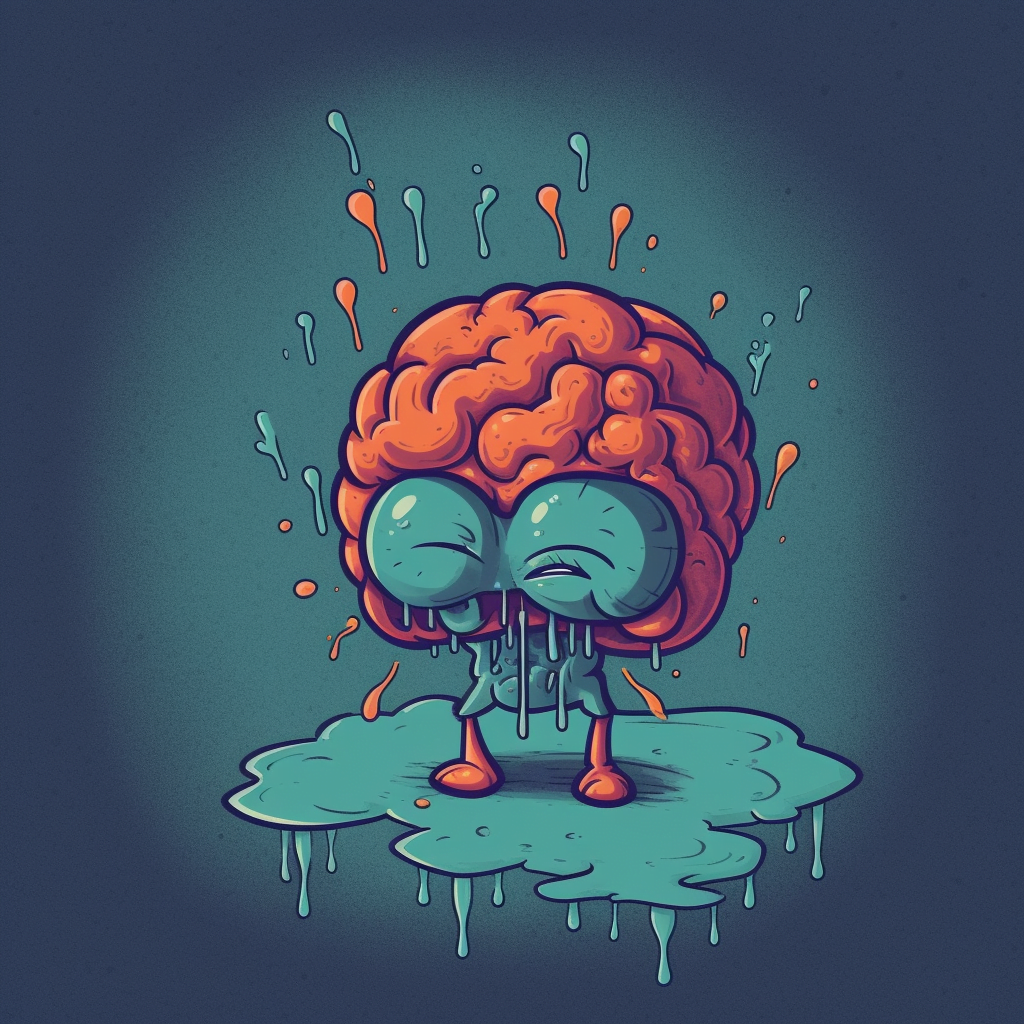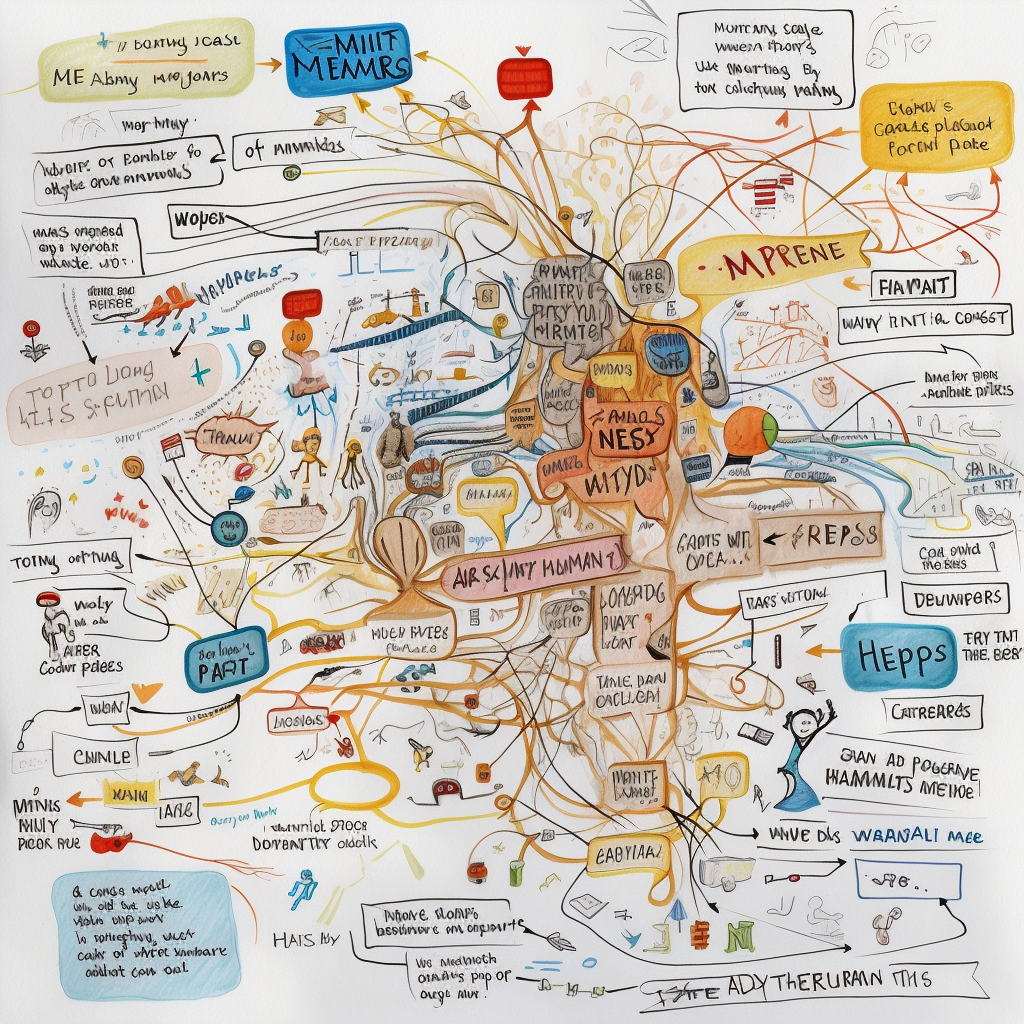
In psychology, the ideal self is a theory of Carl Rogers which is the person somebody aspires to be. This is contrasted with the real self, which is where someone actually resides in life. The ideal self is composed of all of the beliefs and ideals a person aspires to be based on their perceptions, experiences, and those they admire.
For example, as the famous meme goes, “Why you no doctor yet?”
Understanding the Ideal Self: The Perfect Pizza
Just like a pizza with all the favorite toppings, the ideal self is a combination of all the best traits, qualities, and accomplishments one desires. It’s that perfect slice of life that everyone craves, with the right amount of sauce, cheese, and toppings, cooked to perfection. Let’s dive into this delicious concept and explore the ingredients that make up the ideal self.
How the Ideal Self is Formed: Recipe for Success
The ideal self is formed through a mix of different experiences and influences. Think of it like a pizza dough that gets kneaded and shaped by the hands of parents, friends, role models, and society. Some of the main ingredients that shape the ideal self include:
- Family expectations: Just like grandma’s secret pizza sauce recipe, family expectations play a big role in shaping the ideal self. Parents and relatives may have their own ideas about what success looks like, and these expectations can shape a person’s aspirations.
- Cultural norms: The type of cheese and toppings on a pizza can vary depending on the region. Similarly, cultural norms influence the ideals and values a person aspires to embody, such as career choices, relationships, or personal appearance.
- Role models: Whether it’s a celebrity chef or a world-renowned scientist, role models can inspire people to set high standards for themselves and strive for excellence in various aspects of life.
- Personal experiences: Sometimes, a pizza isn’t complete without a unique topping or two. Personal experiences, both positive and negative, can contribute to the formation of the ideal self, helping a person understand their true passions and desires.
Ideal Self and Real Self: The Great Balancing Act
Like trying to balance a pizza on a small plate, finding harmony between the ideal self and real self can be quite the challenge. It’s important to recognize that the ideal self is a goal to strive towards, but it’s not always possible to achieve every aspect of it. Sometimes, the pizza might be a little too big for the plate, and that’s okay.
Exploring Different Ideal Selves: Tasty Examples
There’s no one-size-fits-all when it comes to pizzas or ideal selves. Each person’s ideal self is as unique as their taste buds, but here are some examples to chew on:
- The Star Athlete: Imagine someone who dreams of becoming a professional basketball player. Their ideal self would include qualities like physical strength, agility, and exceptional skills on the court.
- The Academic Whiz: Picture a person who aspires to be a top scientist or researcher. Their ideal self might involve obtaining a PhD, making groundbreaking discoveries, and being recognized as an expert in their field.
- The Compassionate Caregiver: Think of someone who wants to make a difference in the lives of others by being a nurse or social worker. Their ideal self could include traits such as empathy, patience, and the ability to stay calm in high-pressure situations.
By understanding the concept of the ideal self and recognizing the influences that shape it, people can gain valuable insight into their aspirations and values. Just like a pizza, the ideal self is a tasty combination of various ingredients that come together to create something truly satisfying. So go ahead, take a bite, and savor the journey towards self-discovery!





